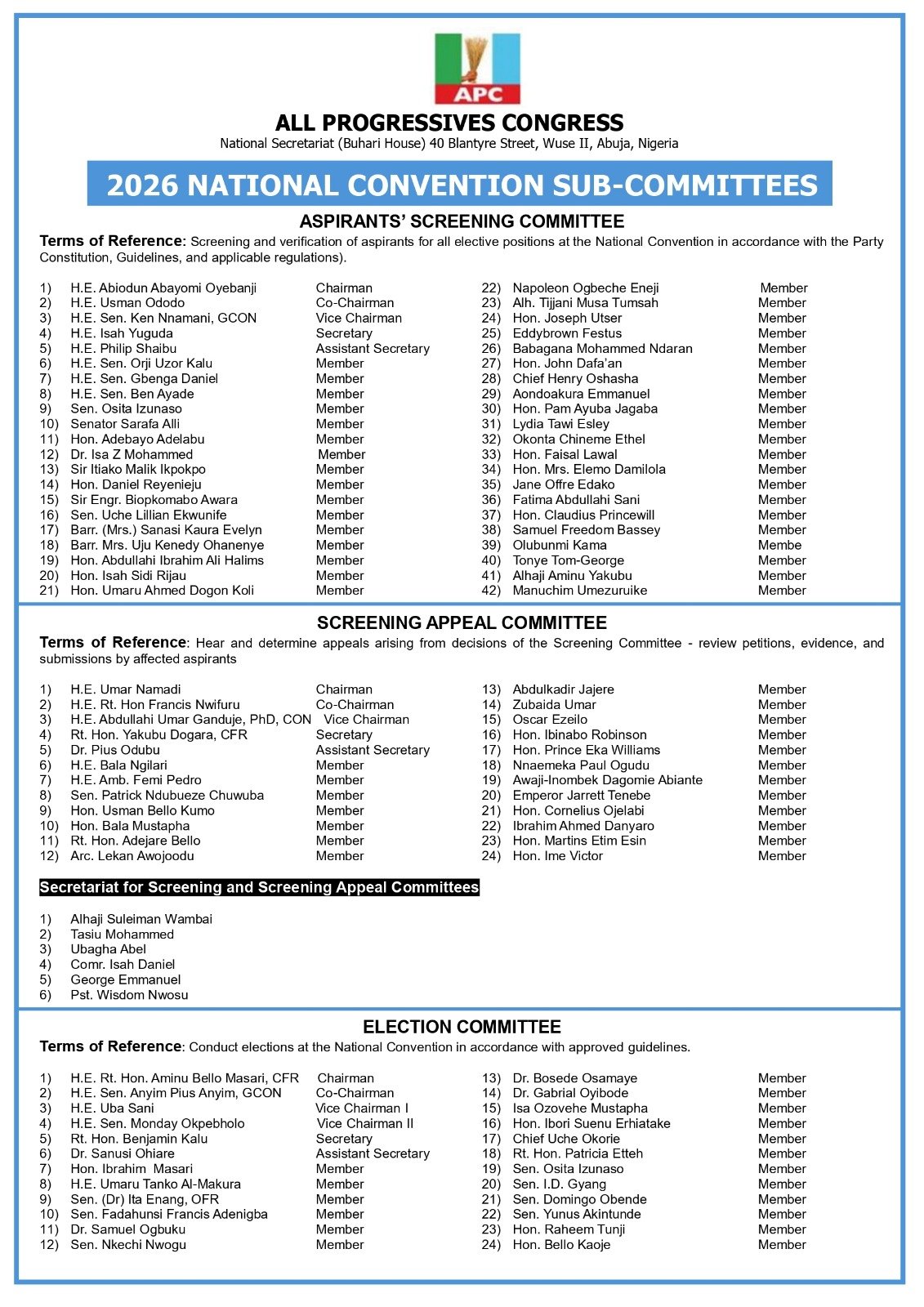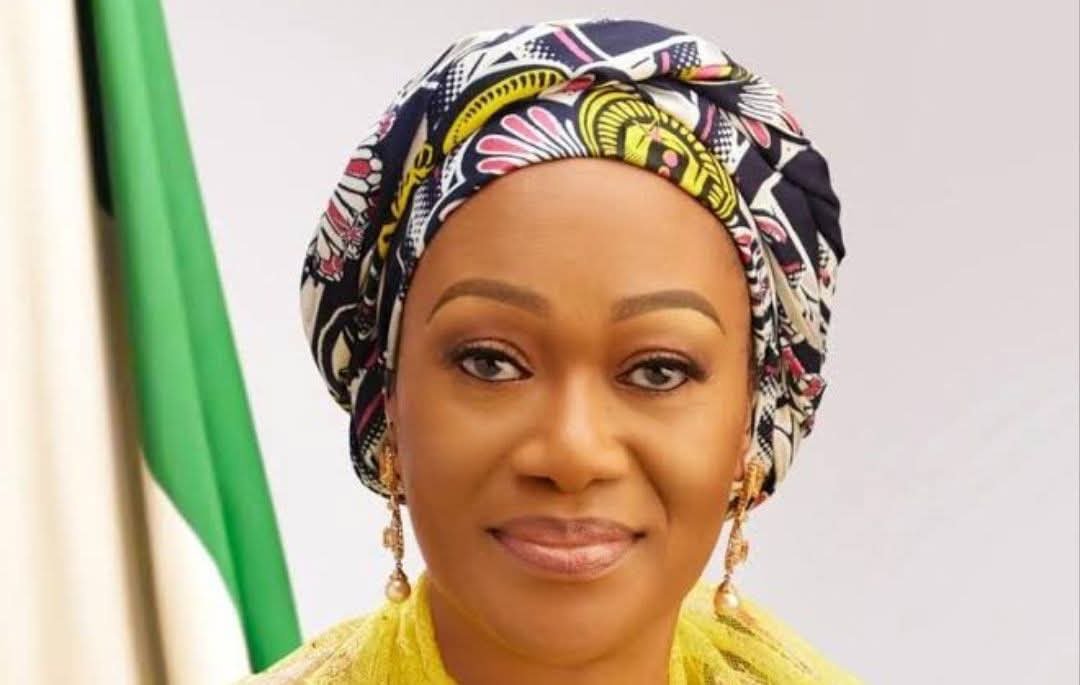
By Musa Bakare As Nigeria approaches the pivotal 2027 presidential election, the political atmosphere is once again dominated by two familiar figures: The incumbent President Asiwaju Bola Ahmed Tinubu and former Vice President Alhaji Atiku Abubakar, now leading an alliance of opposition forces, the coalitionists. This no doubt will not be an ordinary contest, it is an ideological confrontation shaped by decades of political evolution, national leadership, and shifting loyalties. The political rivalry is not simply a clash of personalities, but a symbolic struggle between two distinct political paths. While President Tinubu represents stability, performance, transformative leadership and consistent ideological grounding, Abubakar Atiku embodies political flexibility, coalition-building, and the politics of adaptation. The origins of their political rivalry traced back to the early 1990s. Asiwaju and Atiku both left distinguished careers, Asiwaju Tinubu from ExxonMobil and Atiku Abubakar from the Nigeria Customs Service, to join the late General Shehu Musa Yar’Adua’s People’s Front of Nigeria (PFN). This foundation, built under a shared mentor, eventually revealed deep philosophical differences between them. Asiwaju’s rise was marked by early sacrifice. He was elected Senator for Lagos West and chose party unity over personal ambition by stepping down for a Southern presidential candidate during the SDP convention. Atiku, on the other hand, took a different route, becoming Vice President under President Olusegun Obasanjo after winning the Adamawa governorship. While Tinubu governed Lagos and turned it into Africa’s fourth-largest economy, Atiku’s vice presidential legacy has often been debated, especially in light of his home state’s descent into insecurity. Their leadership styles further reinforced the contrast. Tinubu’s reforms in Lagos, spanning infrastructure, finance, and governance earned him national recognition. His commitment to party building and democratic consolidation led to the formation of the All Progressives Congress (APC). Abubakar Atiku, by contrast, has moved through several political parties, PDP, AC, APC, and back to PDP, raising concerns over ideological conviction. The 2023 elections sharpened these differences. Asiwaju emerged victorious, widely seen as a product of strategic loyalty, political acumen, and a track record of development. Atiku’s loss, despite multiple presidential bids, emphasized voter fatigue with recycled promises and shifting alliances. In 2027, the stakes are extremely higher. President Bola Ahmed Tinubu, as the incumbent, enters with a record to defend: infrastructure growth, digital economy expansion, and national security reforms. The coalitionists, led by Atiku, campaign on the promise of change, but their alliance clearly lacks coherence and vision. Once again, Nigerians are presented with a choice, one that goes beyond party affiliations, consistency versus political nomadism, performance based governance versus rhetorical campaigning A reformer and transformative leadership versus a coalition of convenience, proven leadership versus political experimentation. As the nation once again decides, the question remains: Which path will Nigerians prefer to shape their country’s future, Tinubu’s steady reformist and transformational governance, or the uncertain direction of the coalitionists? Musa Asiru Bakare is a foundation member of the All Progressives Congress (APC), member, Tinubu Support Group (TSG). He is a political analyst, writes from Lokoja, Kogi State. 1 July 2025


